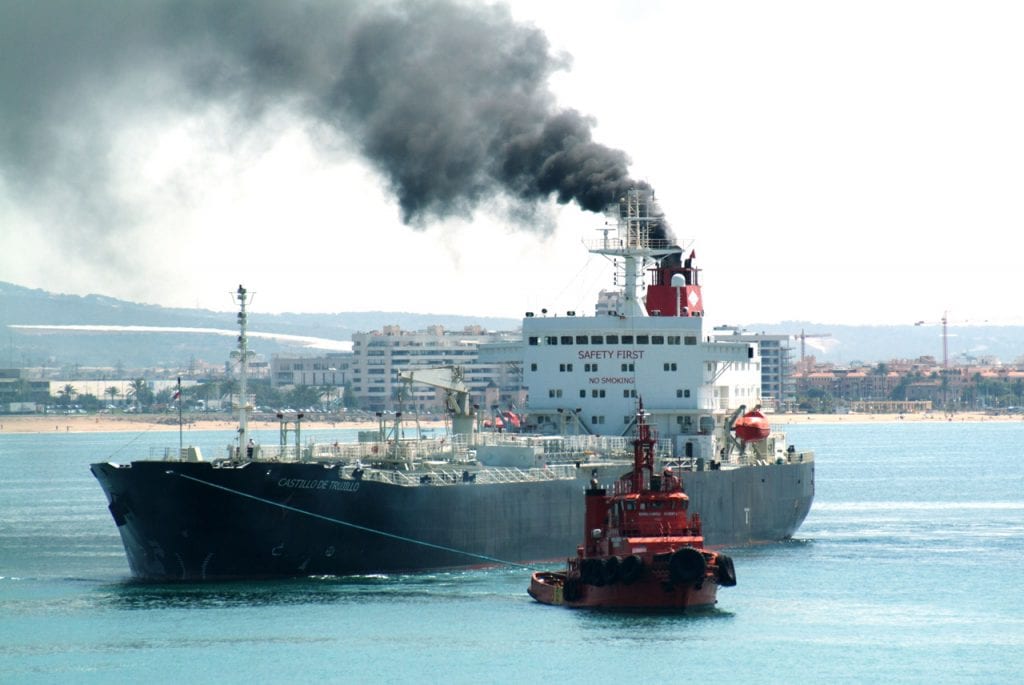Introduction
In November 2018, the IMO’s Marine Environment Protection Committee approved MEPC.1/Circ.
Background
As most MM members will already be aware, the MARPOL 2020 Sulphur Cap – which requires the use of bunker fuel with a Sulphur content of not more than 0.50% or, alternatively, the installation of approved exhaust scrubber units – will not come into force until 1 Jan 2020. As such, the Annex to the aforementioned IMO SIP Circular clearly states that a Ship Implementation Plan is not yet a mandatory requirement. Further, that “A lack of a ship implementation plan or an incomplete ship implementation plan should not be considered as “clear grounds” for a more detailed [PSC] inspection”.
Current impact
If no SIP exists on board or if there are shortcomings found in any existing SIP, then the vessel and her owners will be issued with a PSC ‘warning letter’. The IMO Circular makes it clear that a ‘warning letter’ will not result in a vessel’s PSC detention. Despite this clarification, it seems a certainty that the issue of a ‘warning letter’ will be recorded and that this record will be transmitted on to regional PSC inspectors through the Paris and Tokyo MOU databases. As such, vessels issued with a ‘warning letter’ may well be targeted for further PSC visits at the next port of call and beyond. This is never a good position for a ship master and owner to be placed in, especially in ports where PSC inspections may be misused to elicit ‘donations’ in exchange for making perceived non-compliance problems ‘disappear’.
Shipowner obligations
Appendix 1 of the IMO SIP Circular provides an example of the information required to be presented. In addition to basic ship particulars, this information includes details of:
- Risk assessment and mitigation plan.
- Fuel oil system modifications and any tank cleaning required.
- Fuel oil capacity and segregation (i.e. fuel blends and distillates).
- Procurement of compliant fuel oil.
- Fuel oil changeover plan (i.e. use of all non-compliant fuel and change to compliant fuel before 1 Jan 2020).
- Documentation and reporting.
Appendix 2 focuses on the impact of using distillate and blended fuels in existing machinery. Important questions include:
- If distillate fuels will be used, then what will be the impact of using low viscosity fuels as well as bio-diesel
- If blended fuels will be used, whether the specifications for such fuel meet with the engine manufacturer’s requirements and whether fuel cleaning centrifuges will need to be adjusted?
Appendix 3 provides guidance on assessing the need for fuel tank cleaning. This is relevant if a vessel has been burning high viscosity and high Sulphur fuel oil and intends to meet its MARPOL 2020 Annex VI obligations by changing to compliant distillate and blended fuels rather than fit exhaust scrubbers. If cleaning is in fact required, then the methodology and timing will need to be planned forward very carefully.
Conclusion and Takeaway
IMO Circular MEPC.1/Circ.878 makes it very clear that the IMO, with the support of the Paris and Tokyo MOU and PSC authorities around the world, is pushing hard to accomplish full compliance with the MARPOL 2020 Annex VI 0.50% Sulphur Cap by 1 Jan 2020. The IMO’s SIP Circular and its ‘warning letter’ provision support the IMO’s goal in a world where shipping is under intense environmental scrutiny. In short, foot draggers will not be tolerated.
MM members who trade into ports in China, Hong Kong and Taiwan are already obliged to meet nationally prescribed ship air pollution legislation which is based on MARPOL 2020 Annex VI 0.50% Sulphur Cap standards. These members should have a head start on compliance with the objectives of IMO Circular MEPC.1/Circ.878 but they should still ensure they produce a formal SIP. For other MM members, time is of the essence and they should not delay this process.
The SIP information required is quite complex and the details provided must be very precise. MM therefore recommends that its members confer with their technical managers, engine manufacturers and class societies to facilitate the prompt creation and provision of the requisite SIP on board all MARPOL Annex VI regulated vessels in their fleets. Members should also ensure that the ISM Code manuals that support their Safety Management Systems are updated so as to fully conform with and support the information provided in the requisite SIP. This should include fuel procurement and specification, bunkering operations and analysis, record keeping, fuel segregation and use, engine operation and the potential negative impact on machinery if fuel distillates and blends are going to be used on a full time basis.


